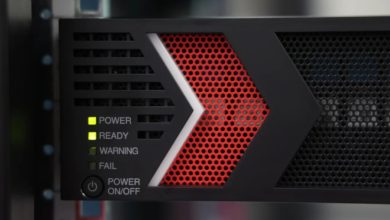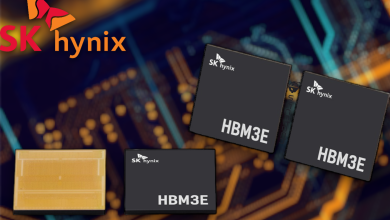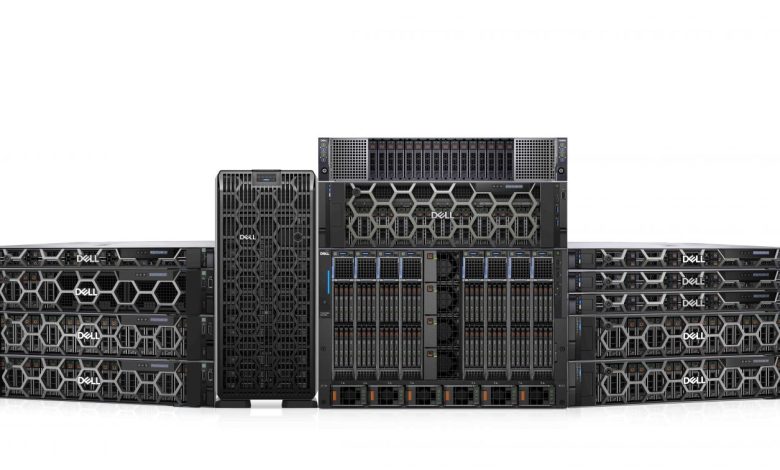
Dell Technologies is making waves in the world of computing once again! The tech giant has just unveiled an impressive line-up of 13 next-generation Dell PowerEdge servers, designed to meet the ever-increasing demand for powerful computing across core data centres, large-scale public clouds, and edge locations.
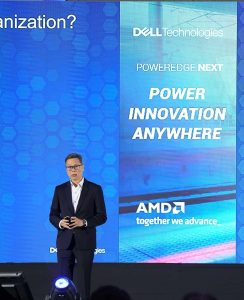 These servers are equipped with the 4th Gen Intel Xeon Scalable processors and Dell software and engineering advancements, boasting a new Smart Flow design that significantly improves energy and cost efficiency. With the expanded Dell APEX capabilities, organisations can now take an as-a-Service approach to IT operations, allowing them to make the most of computing resources while minimising risk.
These servers are equipped with the 4th Gen Intel Xeon Scalable processors and Dell software and engineering advancements, boasting a new Smart Flow design that significantly improves energy and cost efficiency. With the expanded Dell APEX capabilities, organisations can now take an as-a-Service approach to IT operations, allowing them to make the most of computing resources while minimising risk.
Digital services are rapidly becoming a part of everyday life, hence businesses are looking for innovative solutions to help them address their customers’ evolving needs. And speaking at a media briefing, Mak Chin Wah, Country Manager for Malaysia and General Manager for Telecoms Systems Business, South Asia at Dell Technologies, said companies are turning to Dell for sophisticated, efficient servers with advanced capabilities to power their business-critical workloads.
With that, let’s take a look at some highlights from the announcement.
New Servers For Cloud Service Providers
First up, we saw the PowerEdge HS5610 and HS5620 servers, optimised solutions tailored for cloud service providers managing large-scale, multi-vendor data centres. These new two-socket servers are available in both 1U and 2U form factors and include cold aisle serviceable configurations, as well as Dell Open Server Manager, an OpenBMC-based systems management solution that simplifies multi-vendor fleet management.
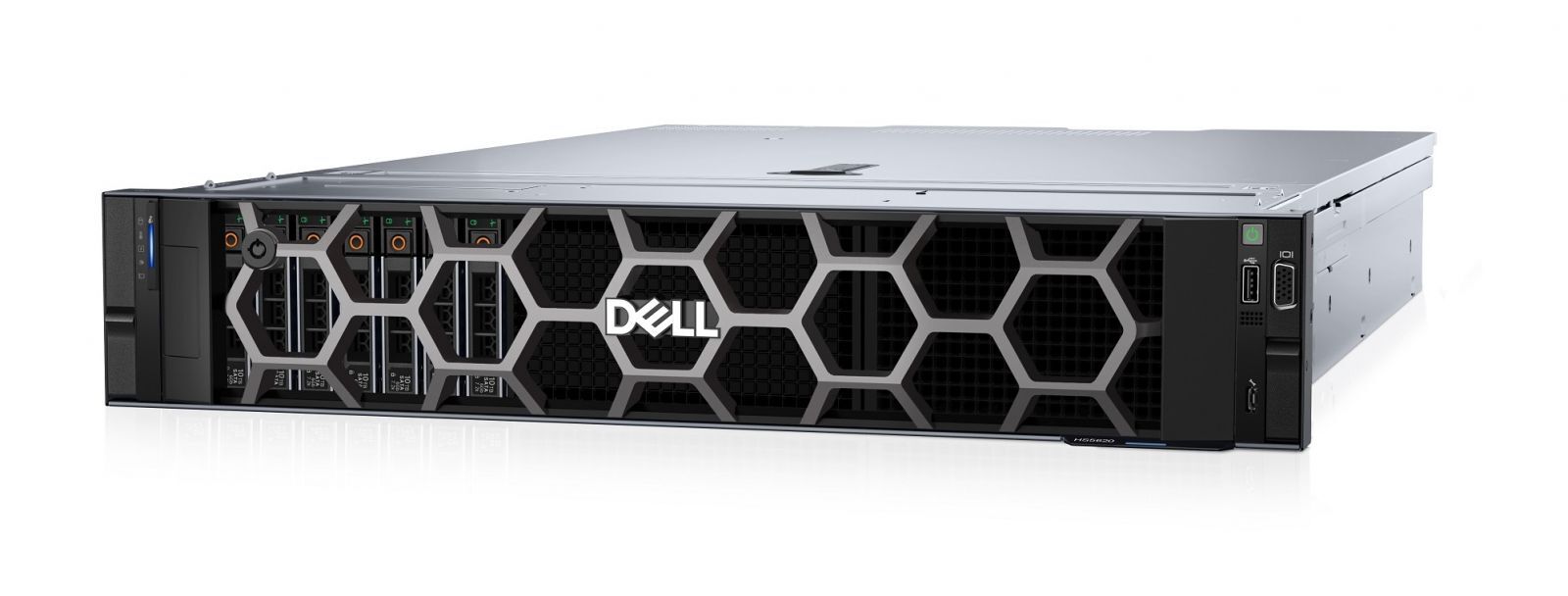
Greater Performance and Simpler Management
With greater performance, simpler management, and sustainability in mind, Dell said that the next-generation PowerEdge servers are designed to improve server automation and intelligence.
To that end, several enhancements to monitoring software and new services that are designed to make server management easier were unveiled, including:
- Dell CloudIQ – Dell software combines proactive monitoring, machine-learning and predictive analytics while offering a comprehensive view of servers wherever they reside. Updates include advancements to server performance forecasting, select maintenance operations and new visualisation.
- Dell ProDeploy services – The Dell ProDeploy Factory Configuration service delivers PowerEdge servers ready to install and preconfigured with the customer’s preferred operating system, hypervisor software and settings for RAID, BIOS and iDRAC. The Dell ProDeploy Rack Integration service delivers and installs production-ready racked and networked PowerEdge servers, ideal for companies expanding their data centre environments or undergoing an IT modernisation.
- Dell iDRAC9 – As customers seek increased server automation and intelligence, Dell Remote Access Controller (iDRAC) makes Dell systems easier to deploy and diagnose, equipped with updated features such as Certificate Expiry Notice, Telemetry for Dell Consoles and GPU monitoring.
Designed for Sustainability
In terms of improving sustainability, the new PowerEdge servers come equipped with:
- Dell Smart Flow design – A new feature within the Dell Smart Cooling suite increases airflow and reduces fan power by up to 52% compared to previous-generation servers. The Smart Flow design supports greater server performance with less power required to cool systems for more efficient data centres.
- Dell OpenManage Enterprise Power Manager 3.0 software – Customers can better manage efficiency and cooling goals, monitor carbon emissions and set power caps up to 82% faster to limit overall energy usage. With the enhanced sustainability target tool, customers can determine overall server use, virtual machine and facility energy consumption, leak detection for liquid cooling systems, and more.
- Electronic Product Environmental Assessment Tool (EPEAT) – Four next-generation Dell PowerEdge servers will be available with the EPEAT silver designation, and 46 systems will be designated EPEAT bronze. The EPEAT ecolabel is a leading global designation, covering products and services from the technology sector that demonstrate a responsible purchasing decision.
Champion of Advanced Modelling and Datasets
Without a doubt, AI is taking the world by storm right now. So the new Dell PowerEdge servers can also help organisations embrace AI and HPC initiatives to generate faster, smarter outcomes. Designed in collaboration with Intel and NVIDIA, the new systems use Smart Cooling technology and enable organisations to harness AI for model training, HPC modelling and simulation, core-to-edge inferencing and data visualisation:
- PowerEdge XE9680 – Dell’s first high-performance 8x GPU server leverages eight NVIDIA H100 Tensor Core GPUs or NVIDIA A100 Tensor Core GPUs, resulting in optimal performance, in an air-cooled design. The server combines two upcoming 4th Gen Intel Xeon Scalable processors and eight NVIDIA GPUs, to help deliver maximum performance for AI workloads.
- PowerEdge XE9640 – Next-generation 2U performance optimised 4x GPU PowerEdge server, combining Intel Xeon processors and Intel Data Centre GPU Max Series. With fully direct liquid cooling, the system is designed to reduce energy costs with greater rack density.
- PowerEdge XE8640 – Air-cooled 4U performance optimised 4x GPU server featuring four NVIDIA H100 Tensor Core GPUs and NVIDIA NVLink technology, along with two upcoming 4th Gen Intel Xeon Scalable processors. Designed to help businesses develop, train and deploy machine-learning models to accelerate and automate analysis.
More Performance and Storage Options for Data Centres of the Future
Powered by 4th generation AMD EPYC processors that provide performance and storage advancements while integrating into existing customer environments, Dell’s next-gen PowerEdge servers are well-suited for organisations with advanced workloads such as data analytics, AI, high-performance computing (HPC) and virtualisation.
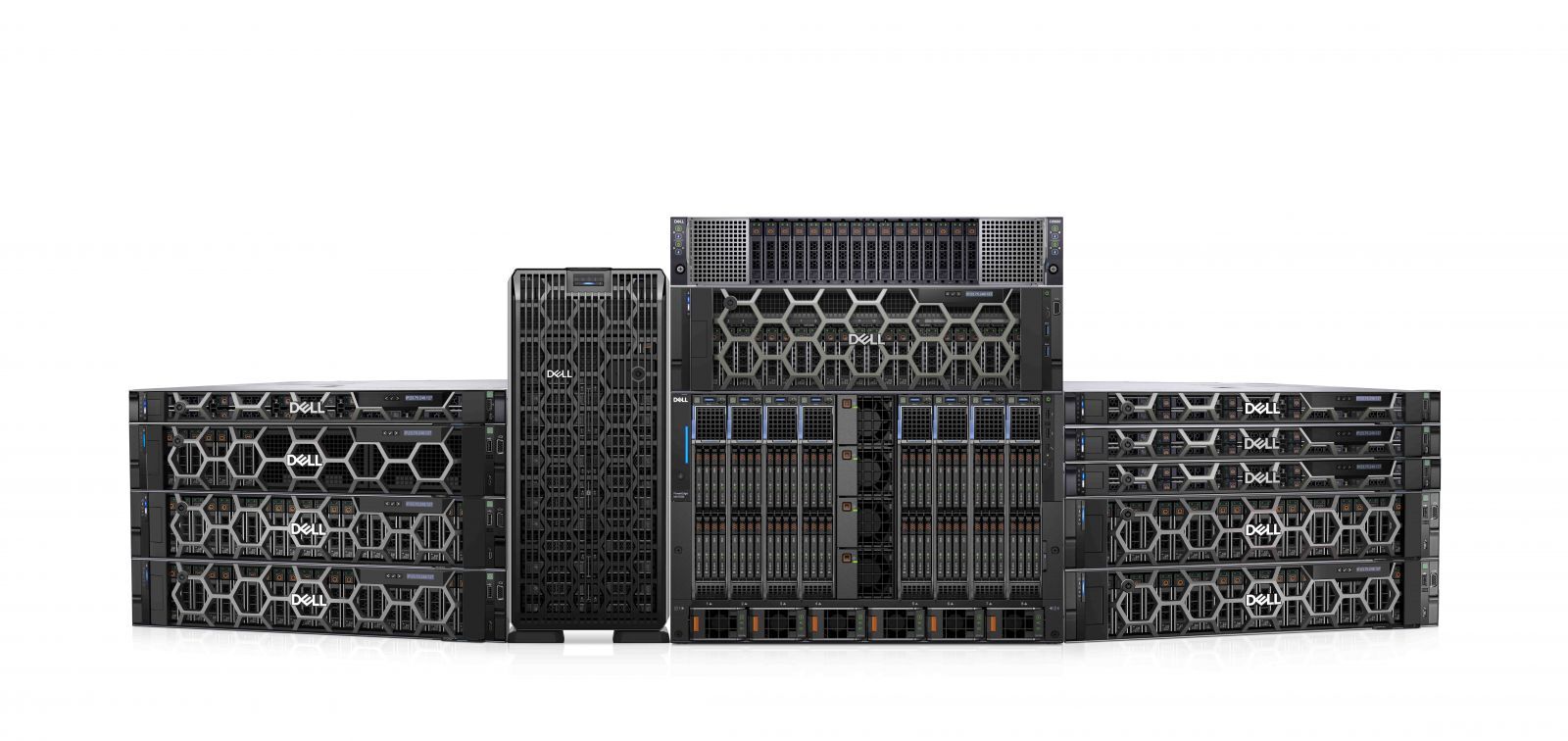
Available in one- and two-socket configurations, with support for as much as 50% more processor cores compared to the previous generation, the latest systems offer the highest performance to date for AMD-powered PowerEdge servers. Customers can expect up to a 121% performance improvement, up to 33% more front-drive count for 2U servers and up to 60% higher front-drive count for 1U servers.
- PowerEdge R7625 – Offers increased application performance and data storage. With the performance of dual 4th generation AMD EPYC processors, this server is designed to be the backbone of a data centre. This 2-socket, 2U platform has proven to accelerate in-memory databases by over 72% surpassing all other 2- and 4-socket SAP Sales & Distributions submissions, achieving a new world record.
- PowerEdge R7615 – A one-socket, 2U server with a faster memory bandwidth than previous generations. Improved drive density is designed to complete multiple jobs faster with a smaller data centre footprint. This platform accelerates AI workloads with maximum accelerated expansion capabilities, achieving an AI benchmark world record.
- PowerEdge R6625 – A two-socket, 1U server delivering the optimal balance in performance, flexibility and density. The system is suited for HPC workloads or running multiple virtual desktop infrastructure instances.
- PowerEdge R6615 – A one-socket, 1U server that offers more virtual machine density than previous generations. The thin design offers increased computing power in a dense form factor, limiting data centre footprint expansion without losing performance.
Overall, while the announcement of the next-generation PowerEdge servers may be a standard yearly affair from Dell, the updates and enhancements are nonetheless significant for organisations seeking to meet the growing demand for powerful computing and unlock the full potential of their digital infrastructure.
It’s worth noting that Dell’s announcement comes just ahead of their biggest annual event, Dell Technologies World 2023, scheduled to take place from May 22-25 in Las Vegas. We can expect to see even more exciting announcements from Dell at the event as they continue to push the boundaries of what’s possible in the world of computing.


